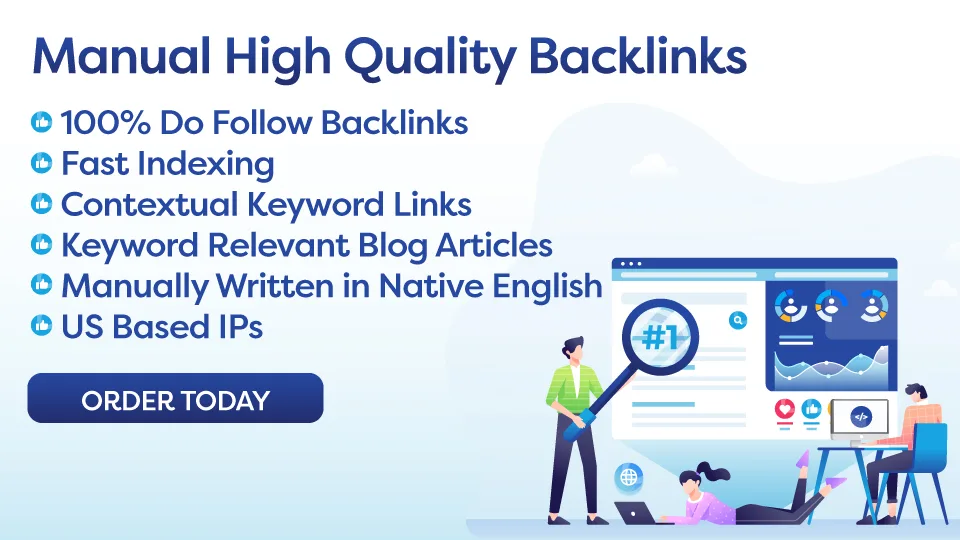Contextual Understanding in SEO
Introduction
Search engine optimization (SEO) is a crucial aspect of digital marketing that helps businesses increase their online visibility and reach their target audience. Over the years, SEO has evolved, and search engines are constantly updating their algorithms to provide the most relevant and valuable results to users. One such aspect that has gained importance in recent years is contextual understanding. In this article, we will explore what contextual understanding is and how it can improve your SEO strategy.
What is Contextual Understanding?
Contextual understanding is the ability to comprehend the meaning and relevance of a particular piece of content in relation to its surroundings. In the context of SEO, it refers to understanding the intent behind a user’s search query and providing them with the most relevant and useful results. Search engines like Google are constantly trying to improve their algorithms to better understand user intent and provide them with a seamless search experience.
Why is Contextual Understanding Important in SEO?
Contextual understanding is crucial for SEO because it helps search engines provide the most relevant and valuable results to users. In the past, SEO strategies were focused on using specific keywords and phrases to rank higher in search engine results pages (SERPs). However, with the rise of contextual understanding, search engines are now able to analyze the context of a user’s search query and provide them with more accurate results.
How to Incorporate Contextual Understanding in Your SEO Strategy
To improve your SEO strategy with contextual understanding, here are some tips to keep in mind:
1. Create High-Quality and Relevant Content
Search engines prioritize high-quality and relevant content that provides value to users. When creating content for your website, make sure it is informative, engaging, and well-researched. It should also be relevant to your target audience and address their needs and pain points.
2. Use Latent Semantic Indexing (LSI) Keywords
LSI keywords are words and phrases that are closely related to your primary keyword. These keywords help search engines understand the context of your content and improve its relevance. Using LSI keywords in your content can also help you rank for a broader range of related search terms.
3. Optimize Your Website’s Structure
Having a well-organized website structure can also improve contextual understanding. Make sure your website is easy to navigate, and your content is properly categorized and linked. This will help search engines understand the hierarchy and context of your content.
4. Utilize Structured Data
Structured data is a way of organizing and labeling website content to help search engines understand its context and meaning. By using structured data, you can provide additional information about your content to search engines, which can help improve its visibility in SERPs.
Conclusion
Incorporating contextual understanding into your SEO strategy is essential for improving your website’s visibility and reaching your target audience. By creating high-quality and relevant content, using LSI keywords, optimizing your website’s structure, and utilizing structured data, you can improve your website’s contextual understanding and ultimately, its ranking in search engine results. With search engines constantly evolving, it is crucial to stay updated and adapt your SEO strategy to incorporate contextual understanding for better results.

